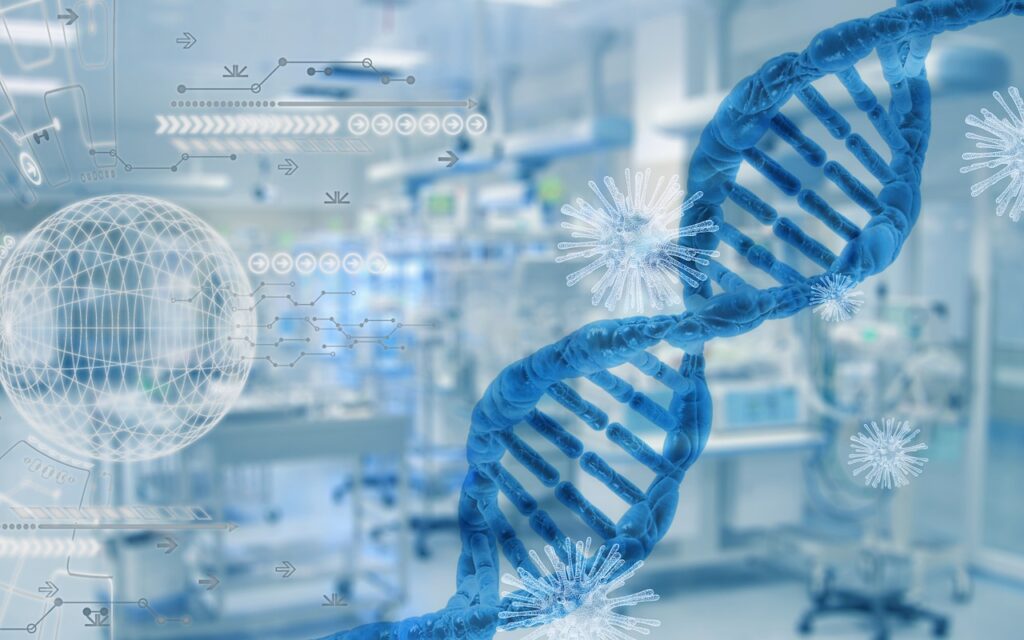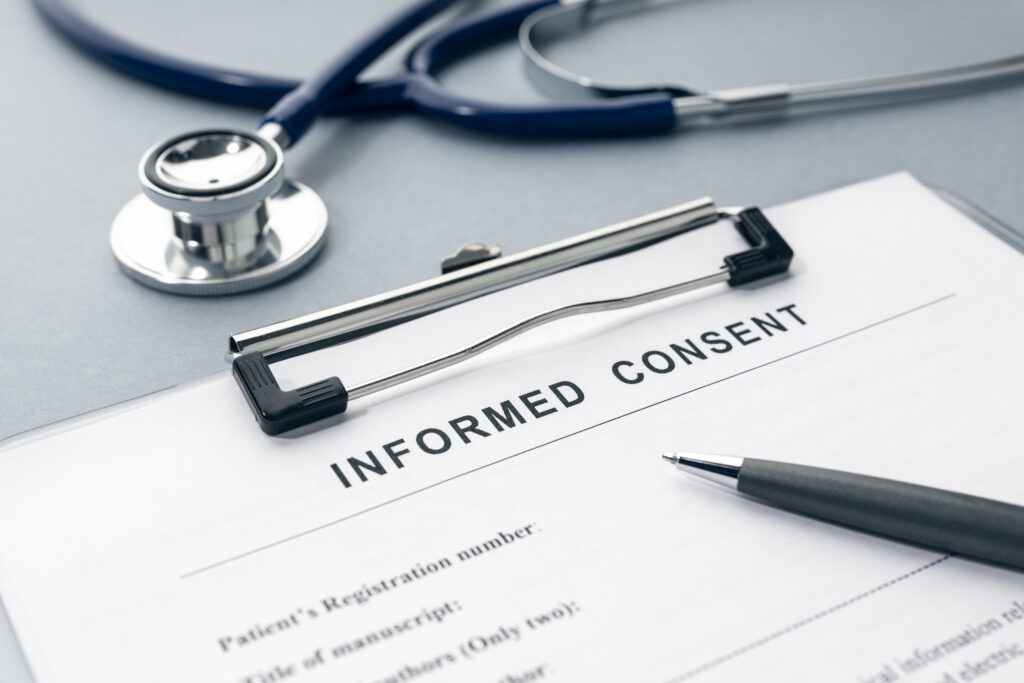Florida imposes criminal sanctions for violation of certain health privacy rights

Florida took data and health privacy rights a step further and passed HB 833 the Protecting DNA Privacy Act which went into effect October 1, 2021, which “establishes new criminal offenses applicable to persons” in violation of HB 833. This new law is designed to
a) extend privacy rights to patients with respect to any tissue, blood or other sample(s) containing DNA,
b) assure full transparency to the patient of intent by anyone collecting or submitting a DNA sample for analysis, and
c) provide for express written consent and authorization by the patient which states clear and prominent disclosure of intended use of a person’s DNA containing material.
HB 833 defines a DNA sample as any human biological specimen from which DNA can be extracted. It also governs the sale or transfer to a third party of any patient’s biological material and/or DNA without that patient’s express written consent. An exception was made in the law for any specimen being collected from a patient when their blood, urine, tissue or other biomaterial to a CMS-certified clinical laboratory for analysis not involving the patient’s DNA.
Read What the Florida Medical Association Said about the new Florida Law
Consent Vault’s SaaS products and services are well-positioned to provide cloud-based, centrally controlled and managed, searchable and auditable processes to help health care providers and data managers to meet the rigor and challenges of these rapidly occurring legislative changes and subsequently reduce their risk of not properly seeking consent and authorization of immediate and future uses of patients’ medical information and use of their biomaterial (e.g. tissue biopsies and blood).



